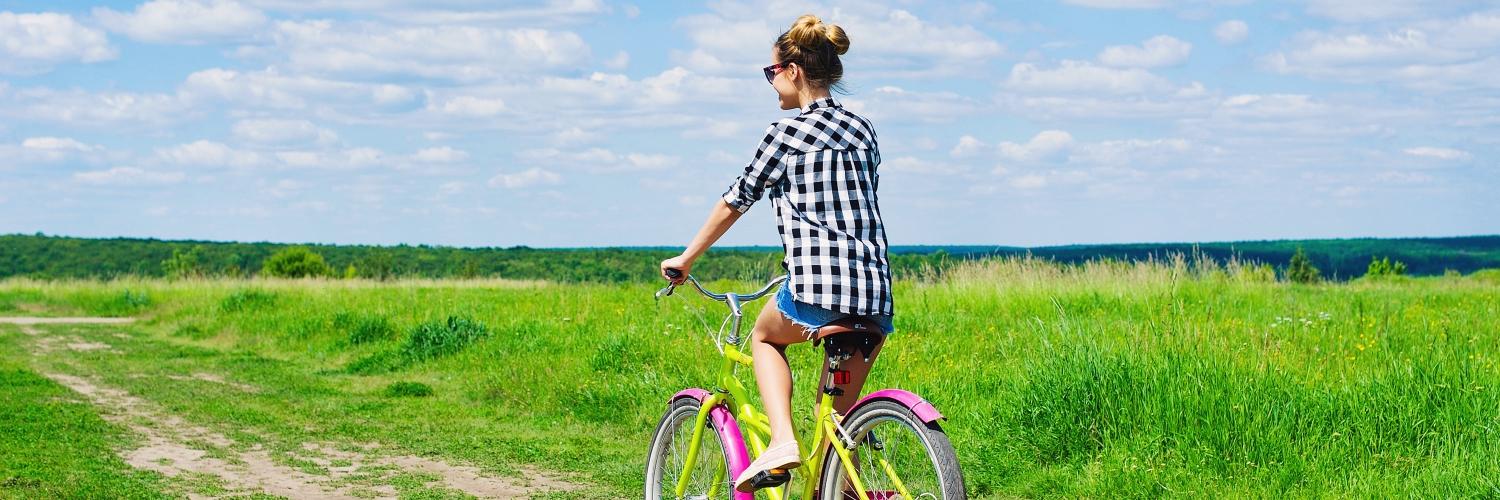
News
25 April 2018
Annual Review 2017 of the Dutch Waste Management Association
In its Annual Review 2017 the Dutch Waste Management Association describes some of the highlights of the past year. A major event marking an important step towards the circular economy was the signing by a wide range of parties of the National Agreement on the Circular Economy (Grondstoffenakkoord). To green the economy we are also working to reduce CO₂ emissions and establish a sustainable energy economy.
National Agreement on the Circular Economy
The National Agreement on the Circular Economy is endorsed by industry, government, trade unions, knowledge institutes and many others. The DWMA has also signed the Agreement and is contributing to the transition agendas setting out the details for its implementation. The widespread support for the Agreement is essential. The circular economy requires solutions across the whole value chain, and that means having all the relevant players on board.

Quality and markets
The DWMA is pleased to see that the call for putting the quality of collected materials at the heart of the recycling process is being heard more often. The DWMA has been pressing for this for some years. To achieve high-quality recycling it is essential that the collected wastes are of high quality. The resulting materials will then be marketable and able to compete with primary raw materials. Even more important for building a circular economy is designing products for reuse and materials recycling.
Boris van der Ham (President DWMA):
"Alternative ways of using resources and materials will also stimulate the transition to a low carbon economy."
Low carbon economy
Alternative ways of using resources and materials will also stimulate the transition to a low carbon economy. The waste sector helps to reduce emissions throughout the whole value chain by recovering and producing secondary raw materials and sustainable energy from waste. Over the coming years we want to further increase our contribution to-wards meeting the climate targets by making greater use of carbon capture and reuse and by exploiting the huge potential within the sector for heat recovery. The DWMA is looking for ways to contribute to the Dutch Climate Agreement currently being prepared.
Fire prevention
The sector's sustainability goals will only be achieved if employees can work safely and healthily. One of the topics that has been high on the agenda for a long time and on which the joint membership has been working hard is preventing fires. Companies are investing in fire prevention and are taking effective measures. The DWMA has prepared a fact sheet describing a number of measures that can minimise the risk of fire and the consequences of fires. Another DWMA initiative is an internal fire safety exercise in which companies learn from each other. In addition to these audits, we have expanded the annual accident survey among our members to include reporting on fires. This will provide us with more information about the causes of fires and how to best control and extinguish them.
See also
